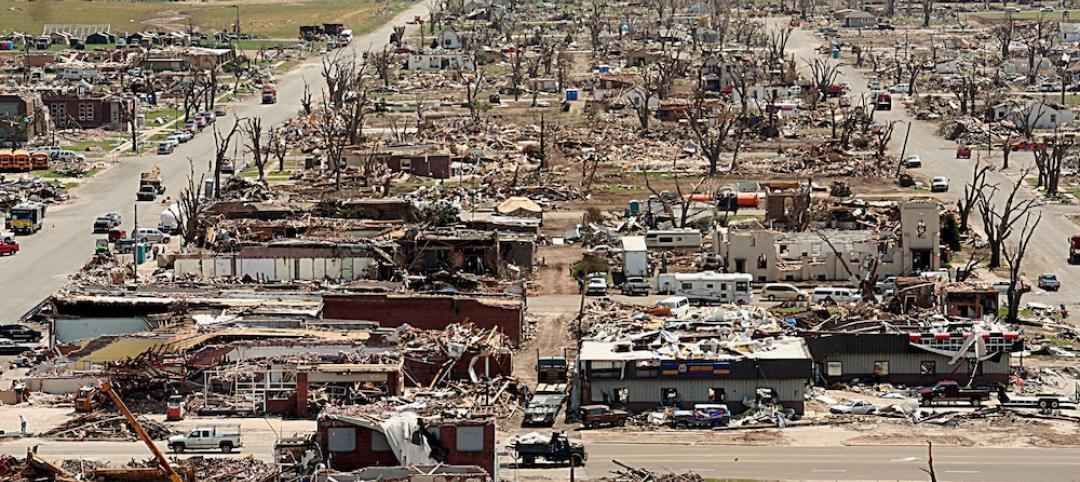The Washington D.C. Council recently passed legislation that will make it more expensive for owners to hold vacant or blighted property.
The Vacant Property Enforcement Act of 2016 reduces the maximum amount of time a vacant property can qualify for an exemption from higher vacancy tax rates. It also closes a loophole that allows continuous renewal of construction permits to qualify for tax exemptions, and require owners of vacant properties to prove they are no longer subject to the higher tax rates.
"The District has a substantial number of vacant properties, many of which are poorly maintained,” the bill report says. "Property owners may keep their properties vacant or fail to maintain them because they expect property values to rise over time. Poorly maintained and vacant properties can damage surrounding communities by being eyesores, by serving a venue for drug use and by providing a home for rodents or other animals. The net effect is to reduce the feeling of a cohesive community and depress surrounding property values."
The legislation reduces the time an owner can claim an exemption from higher taxes because of construction to one year for residential properties and to two years for commercial properties. Fines for failing to comply with city property regulations will rise from $1,000 to $5,000.
Related Stories
| May 9, 2013
New developments would face tougher stormwater rules than redeveloped sites under EPA proposal
New developments would have to meet more stringent stormwater-retention standards than redeveloped sites under a forthcoming Environmental Protection Agency proposal.
| May 9, 2013
Proposed ASHRAE systems manual uniform procedure guideline open for public review
A proposed guideline that will establish a uniform procedure for transmitting design, construction, testing, and operational information to building owners and operators is open for public comment.
| May 9, 2013
Post-tornado Greensburg, Kan., leads world in LEED-certified buildings per capita
Six years after a tornado virtually wiped out the town, Greensburg, Kan., is the world's leading community in LEED-certified buildings per capita.
| May 9, 2013
SMACNA’s new HVAC sound and vibration guide open for public review
Sheet Metal and Air Conditioning Contractors National Association’s (SMACNA’s) new “HVAC Systems Sound and Vibration Guide” is available for a 45-day public review.
| May 9, 2013
NSF Sustainability launches VOC emissions testing, certification for commercial furniture industry
New program offers sustainable certification and indoor air quality testing for commercial furniture makers.
| May 1, 2013
House bill would give OSHA more authority over state workplace-safety plans
A recently introduced U.S. House of Representatives bill would give the Occupational Safety and Health Administration (OSHA) more authority over state workplace-safety plans and toughen penalties for companies that knowingly violate OSHA regulations.
| May 1, 2013
New commercial landlord disclosures go into effect in California in July
Two new landlord disclosure requirements become effective in California on July 1, 2013.
| May 1, 2013
New ASHRAE residential indoor air quality standard adds carbon monoxide alarm requirement
The new 2013 version of ASHRAE’s residential indoor air quality standard adds a requirement for carbon monoxide alarms.
| May 1, 2013
AAMA publishes standard for multipoint locking hardware for side-hinged doors
The American Architectural Manufacturers Association (AAMA) recently published the first North America standard for multipoint locking hardware for side-hinged door systems.
| Apr 24, 2013
‘W visa’ program could hamper construction industry's growth
The Senate’s bipartisan immigration reform proposal will provide interim legal status to some 11 million undocumented people.








